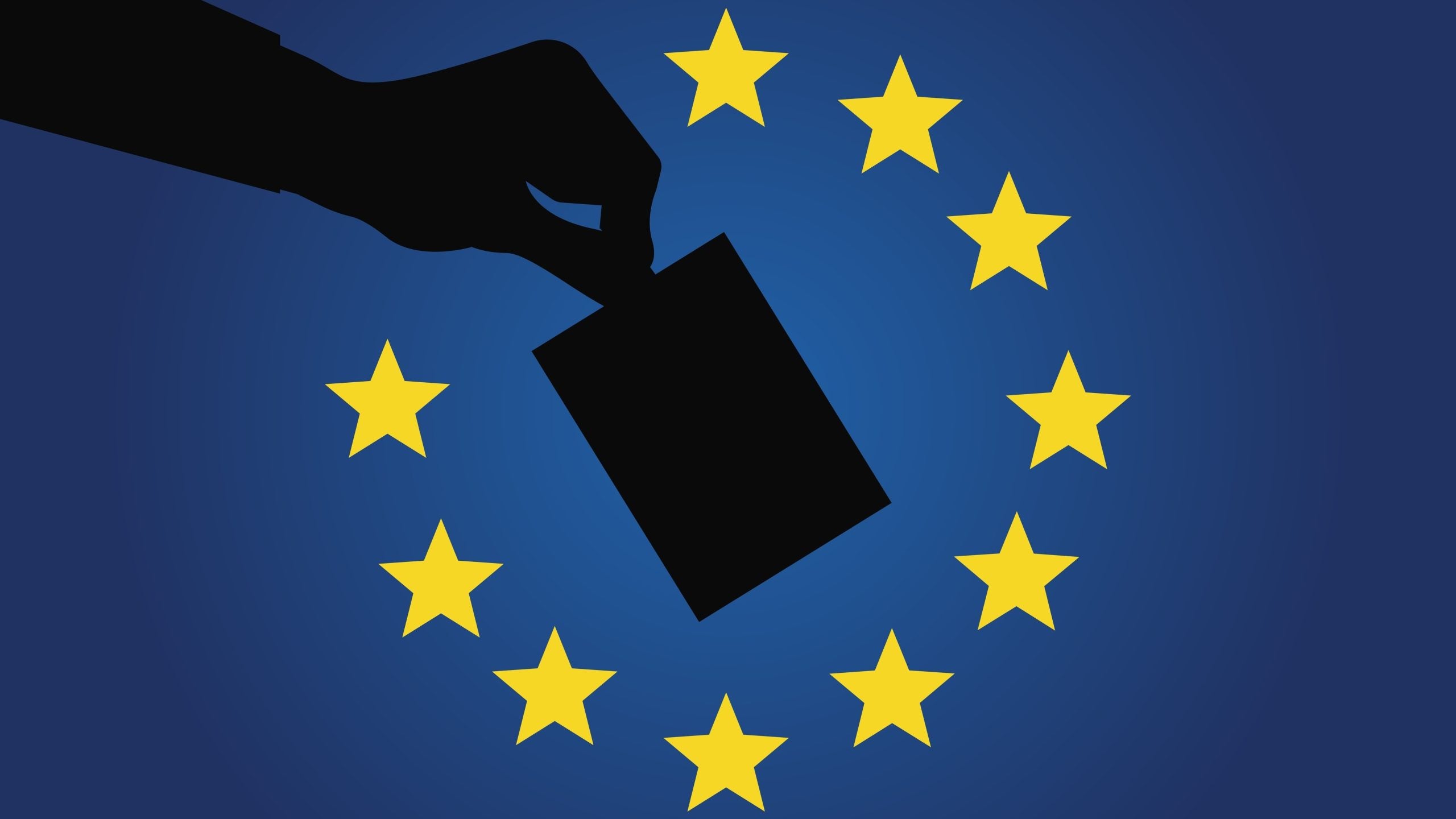
As voters across the European Union (EU) take to the polls, there are questions around the implications of a likely shift to right for regulation.
Around 373 million citizens across the 27 member states are eligible to vote until Sunday (9 June), to determine the 720 (previously 705) Members of the European Parliament (MEPs) responsible for policy for the next five years.

Access deeper industry intelligence
Experience unmatched clarity with a single platform that combines unique data, AI, and human expertise.
It looks likely that seats will be gained by three right-leaning parties: populist radical right Identity and Democracy (ID) group, the national conservative to right-wing populist European Conservatives and Reformists (ECR) group and the centre-right, conservative Christian-democratic European People’s Party (EPP).
Up until this point, industrial strategy has been a focus point for the European Parliament. GlobalData’s senior analyst in the public sector Rohan Gogeer explains: “A sustained focus on industrial strategy in the EU has been evident from the European Commission’s 2020 industrial strategy, the European Chips Act, the Net-Zero Industry Act, and the relaxation of state aid rules to allow subsidies of national industries by governments or groups of member states through Important Projects of Common European Interest.”
Gogeer points out that these elections are taking place against a turbulent backdrop, with the ongoing Russian invasion of Ukraine, supply-side bottlenecks, energy insecurity in Europe, national and intranational elections across the world and political uncertainty in the Middle East and China.
Digitalisation regulation could go static
Digitalisation has become a battleground for EU policy, with the Digital Markets Act (DMA), Digital Services Act (DSA), and EU AI Act taking centre stage in recent years.

US Tariffs are shifting - will you react or anticipate?
Don’t let policy changes catch you off guard. Stay proactive with real-time data and expert analysis.
By GlobalDataWith the digital world now inextricable to almost every industry, the rapid rate of technological advancements has left regulatory bodies scrambling to keep up. Gogeer points out that “The EU is refreshing its industrial policy, including several policies to respond to the challenges of the green and digital transitions.”
Yet a swing to the right in the European Parliament could slow regulation and implementation around the digital transition, as lenient regulation tends to advantage the more radical groups. There has been some suggestion that right-wing parties might be lax on the enforcement of existing policies, including the DSA, which moderates content.
The European Commission is already investigating Meta, TikTok and X (formerly known as Twitter) under the DSA. Meta is being considered for “the non-availability of an effective third-party real-time civic discourse and election-monitoring tool ahead of the upcoming elections to the European Parliament and other elections in various Member States.”
Meanwhile X is being scrutinised regarding “the effectiveness of measures taken to combat information manipulation on the platform”, and TikTok is facing an investigation around its compliance with the DSA requirement to submit a risk assessment ahead of launching TikTok Lite.
In the case of social media, The Oxford Internet Institute (OII) considers that “the more extreme groups, particularly Identity and Democracy (ID), achieve significantly more engagement in the form of likes and followers.” This is despite the President of the European Parliament, Roberta Metsola banning TikTok from all Parliament’s employees’ working devices.
The OII also identified that, with no manifesto and no mention of an approach to digitalisation on its website, the ID group “don’t seem to accord much importance to digitalisation,” whilst the ECR group only mentions digital policies once, in which it calls for investment for AI and quantum computing.
The EPP considers digitalisation in more detail, encouraging European leadership in the sector, over rivals US and China. However, the right-leaning party’s emphasis is not around protection and regulation, but towards digitalisation’s role in European economic performance and border protection.
What will change for European industrial regulation?
Right-wing European parties tend to adopt anti-regulation, pro-business standpoints and are more likely to favour the small-state concept. As such, a right-leaning European Parliament could shift the emphasis away from free trade and towards the protection of domestic industries.
GlobalData’s principal analyst in consumer goods Richard Parker says: “For the EU parliament, a strong right showing could mean less progress on environmental and consumer protection goals and more likelihood of local get-outs being available to diminish implementation requirements at the national level.”
He notes that, recently, the primary focus in consumer-related regulation has been revisions to the EU’s Packaging and Packaging Waste Directive (PWWD), which were made in April 2024. With a significant focus on the environmental implications of packaging, new stipulations include cutting packaging waste by 5%, 10%, and 15% by 2030, 2035, and 2040, respectively.
Across sectors, this environmental focus is likely to change. Gogeer notes that right-wing policies represent a greater focus on protecting industries from “competitors from US and China and focus on not being undercut due to more lenient environmental and labour standards that may apply outside the EU.”
He warns: “As such, we could see a greater polarisation and fragmentation of industry standards and regulation.”
Fragmentation could spell trouble, and the Centre for Strategic and International Studies (CSIS) has highlighted that division “will complicate attempts to Europeanize policies, increase integration, and find ways to provide needed European public goods through the fiscal, banking, and energy unions.”
It calls for collaboration to achieve progress in industrial policy and economic security, noting a particularly need in technology, critical raw materials, semiconductors, electric vehicles, and overall economic resilience.







